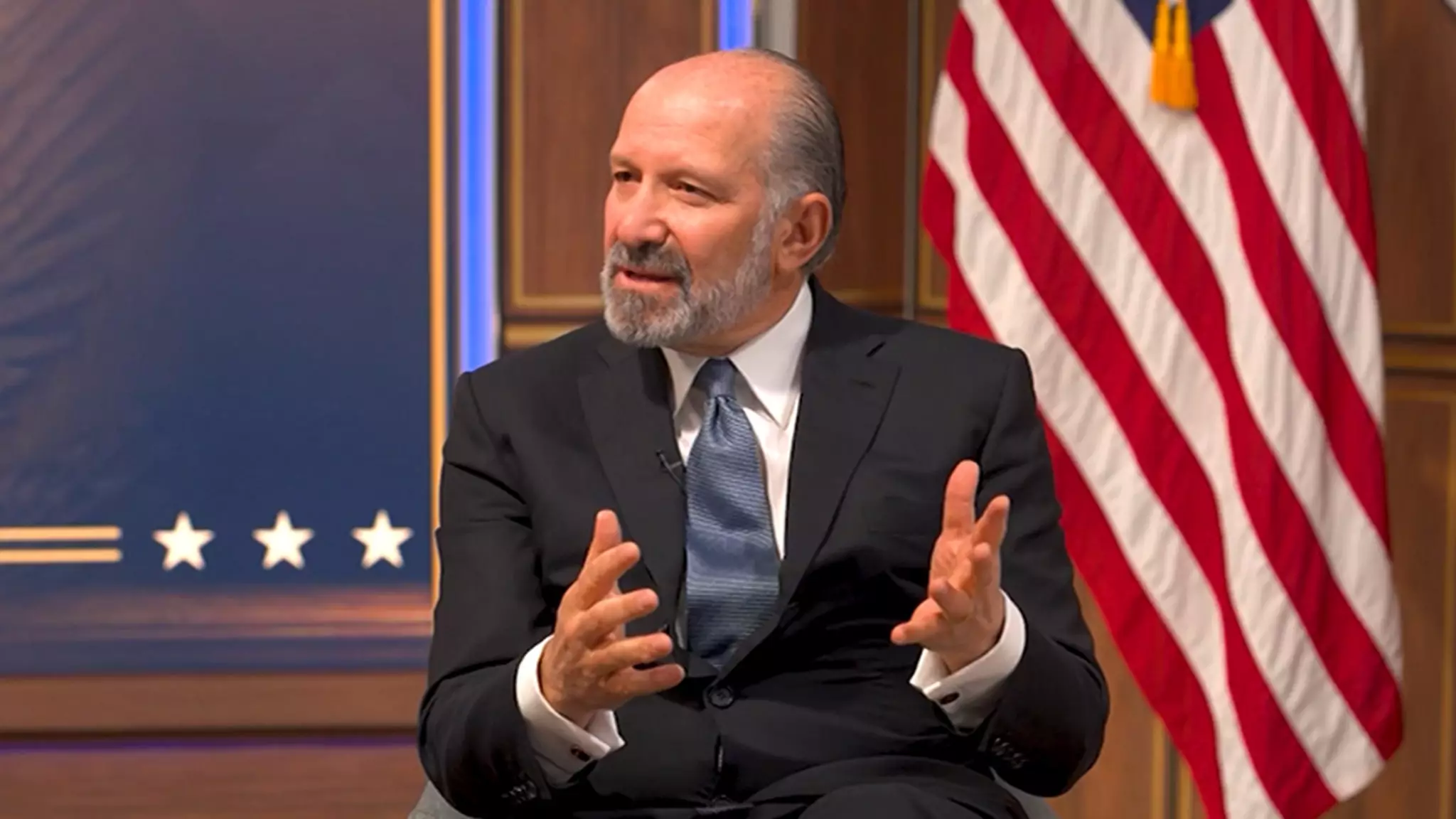Recent remarks made by Commerce Secretary Howard Lutnick have sparked outrage and disbelief across various social media platforms. In a tone that came across as both dismissive and insensitive, Lutnick proclaimed that if his own mother-in-law, who is 94 years old, were to miss her Social Security payment, she would simply wait for the following month without complaint. He went further to suggest that anyone who voices dissatisfaction over missing their check is essentially committing a form of fraud. This shocking assertion raises important ethical questions about the mindset of those who are in positions of power within the government.
Lutnick’s cavalier attitude towards Social Security benefits starkly contrasts the reality facing millions of Americans who rely heavily on these payments for basic survival. While he boasts a personal wealth exceeding $800 million, individuals living paycheck to paycheck struggle immensely when their financial lifelines are interrupted. This glaring disparity not only highlights Lutnick’s disconnect from the everyday struggles faced by ordinary citizens but also reveals a frightening lack of empathy from a high-ranking official in charge of economic matters.
The Impact of Intimidation on Vulnerable Populations
The ramifications of Lutnick’s comments stretch beyond mere insensitivity. They create an atmosphere of fear and intimidation amongst Social Security recipients who may find themselves in precarious situations. By labeling complaints as fraudulent, he effectively silences those who are suffering, discouraging them from seeking the help they desperately need. Imagine going without essential medication or food because you fear being viewed as a criminal simply for exercising your right to voice a concern. This authoritarian approach to welfare could lead to dire consequences for vulnerable populations, reinforcing a culture of silence and shame around legitimate hardships.
It is crucial to examine how such policy perspectives are affecting real lives. Many seniors and low-income families depend on Social Security for their survival, and any disruption in these benefits can be catastrophic. The decision to withhold payments, as suggested by Lutnick, ignores the very real human cost of such an action. When financial aid is threatened, the voices of those who are often marginalized or overlooked are not just drowned out; they are actively silenced.
The Broader Context of Social Security and Governance
Compounding the situation, the Trump administration’s actions to close down Social Security offices further complicate the lives of those in need. Plans to limit access and compel recipients to appear in person for even simple inquiries stand as a stark reminder of how bureaucratic indifference leads to increased hardships. The reduction of available support systems makes it infinitely harder for individuals to rectify issues or voice grievances. This kind of governance not only hampers accessibility but also creates additional stress that those already struggling simply cannot afford.
In light of Lutnick’s statements and the surrounding policies, it becomes clear that there is an urgent need for a reassessment of the government’s compassion towards its citizens. The ethical implications of prioritizing economic efficiency over human dignity cannot be understated. If policymakers continue to disregard the challenges faced by everyday people, they will inadvertently perpetuate a cycle of suffering that could have been avoided through empathy and proactive governance.

